
New Books: Making Sanctuary Cities
Tune in to hear from Dr. Rachel Humphris on her new book, Making Sanctuary Cities: Migration, Citizenship, and Urban Governance, published in 2025 by Stanford University Press. Making Sanctuary Cities investigates the complex policy frameworks that shape urban immigration and the politics of belonging through ethnographic and archival research on three cities: San Francisco, Toronto, and Sheffield, England.

New Books: Marked Men
In this episode, we’re speaking with Nyron Crawford, author of Marked Men: Black Politicians and the Racialization of Scandal, published in 2024 by NYU Press. Marked Men complicates the common perception that Black elected officials are forgiven for their transgressions because of the commitments and benefits made to constituents. Instead, Crawford demonstrates that “racialized suspicion” shapes the way Black voters rally to protect their embattled Black political representatives.
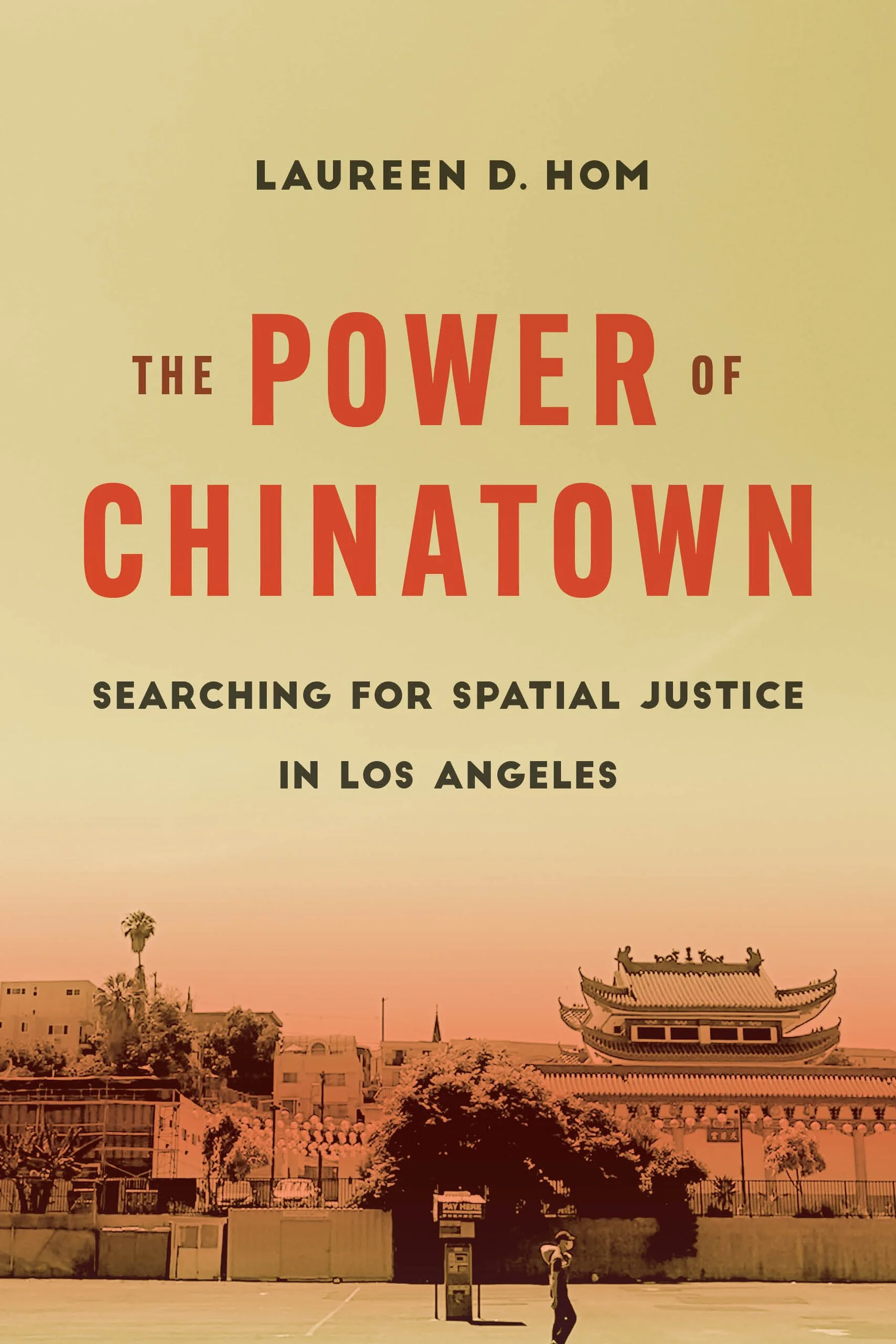
New Books: The Power of Chinatown
Tune in for our conversation with Laureen Hom, author of The Power of Chinatown: Searching for Spatial Justice in Los Angeles, published in 2024 by University of California Press. In The Power of Chinatown, Hom draws on ethnographic fieldwork to explore how and under what conditions residents and business owners in LA’s Chinatown challenge and mobilize dynamics of gentrification and community change.
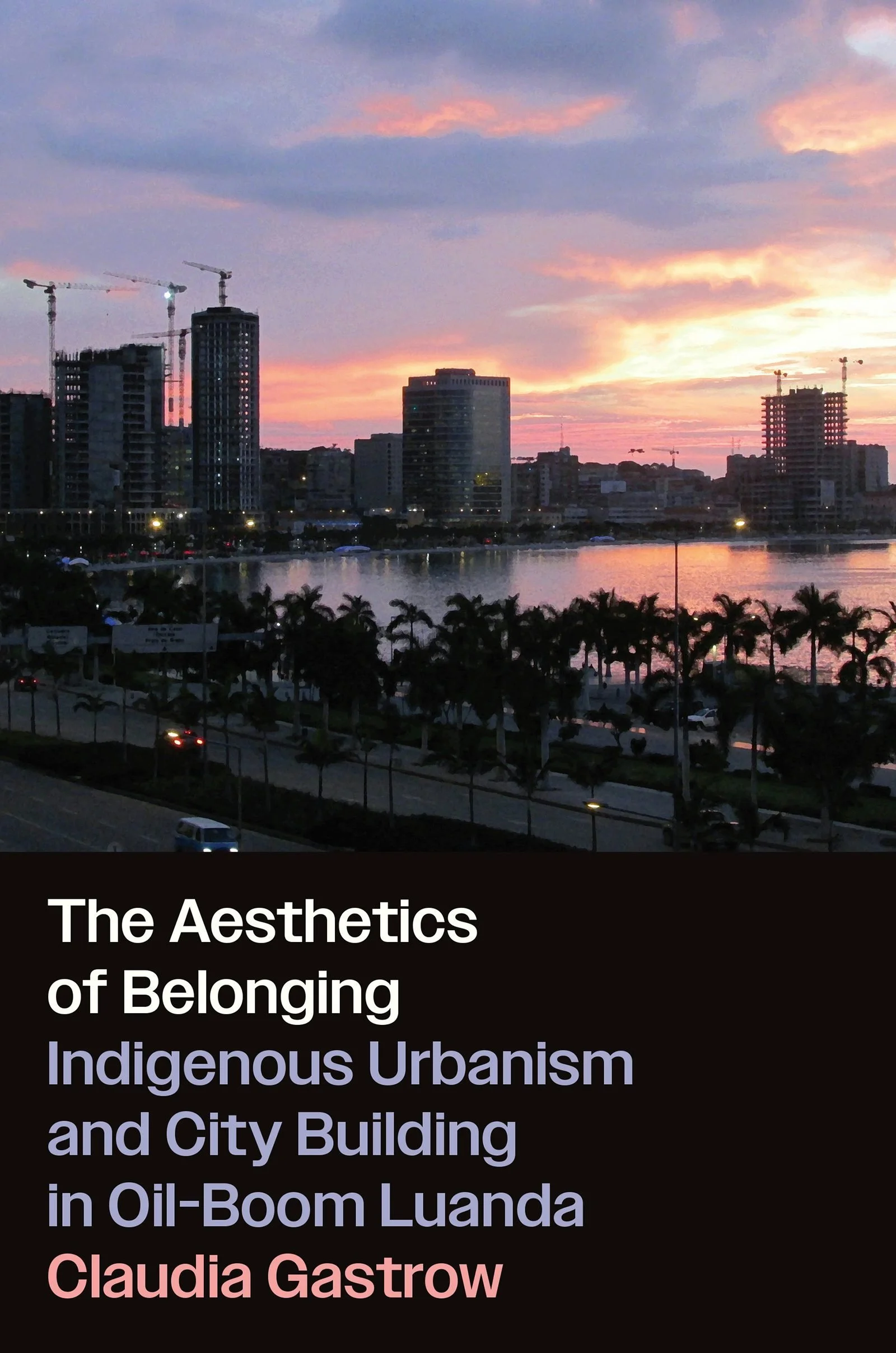
New Books: The Aesthetics of Belonging
In this episode, we’re speaking with Claudia Gastrow, author of The Aesthetics of Belonging: Indigenous Urbanism and City Building in Oil-Boom Luanda, published in 2024 by University of North Carolina Press. The Aesthetics of Belonging draws on archival and ethnographic research to explore the political significance of aesthetics in the remaking of Luanda.

New Books: The Right to Suburbia
Tune in for our conversation with Willow Lung-Amam, author of The Right to Suburbia: Combating Gentrification on the Urban Edge, published in 2024 by UC Press. The Right to Suburbia chronicles the efforts of community activists, political leaders, and community groups in three Washington, D.C.-area suburbs to push back on the displacement effects of new development in their communities.

New Books: Affordable Housing in the United States
Listen to our conversation with Gregg Colburn, co-author with Rebecca Walter of Affordable Housing in the United States, published in 2024 by Routledge. Affordable Housing in the United States offers a comprehensive and accessible guide for students and practitioners on affordable housing policy and best practices, along with well-researched case studies on the approaches of three different cities: Chicago, Seattle, and San Antonio. We discuss the book itself, and wade into the more recent challenges and uncertainties around affordable housing provision and preservation under a new federal administration.

New Books: The Making of 21st Century Richmond
Tune in to our discussion with co-authors Thad Williamson and Julian Hayter about their new book, The Making of Twenty-First-Century Richmond (2024). The book explores the fraught history of Richmond, VA, a mid-sized city working to emerge from the shadows of its early history as the capital of the Confederacy and the challenges of urban decline in recent decades. Drawing on multidisciplinary methods, The Making of Twenty-First-Century Richmond analyzes the root causes and internal dynamics that have shaped the city over time through close examinations of education policy, economic development, and housing.
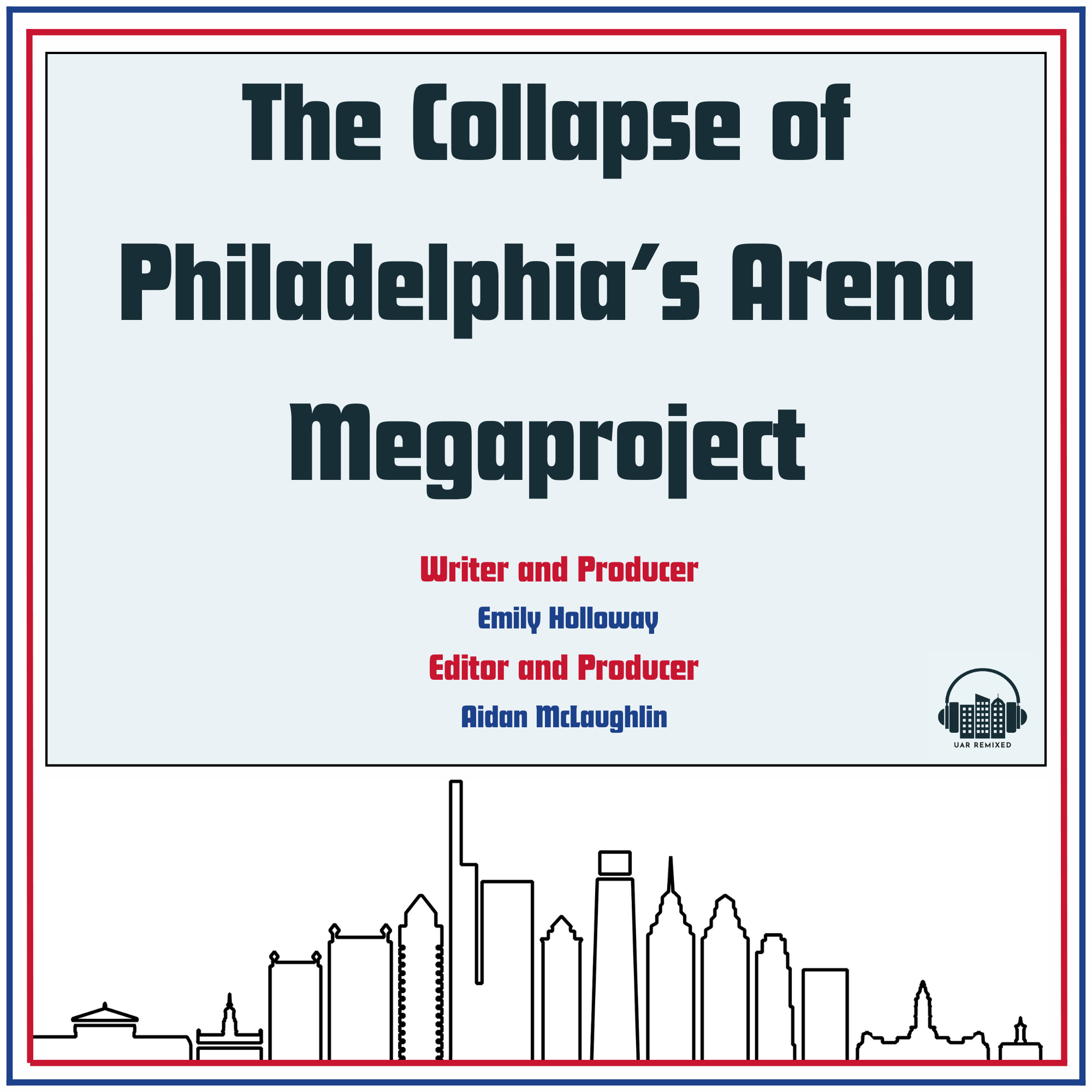
Series: The Collapse of Philadelphia’s Arena Megaproject
Join us for an exploration of the failed Philadelphia 76ers Arena Proposal in Center City. First proposed in 2022 with promises to revitalize the faltering Market East corridor, the arena generated tremendous and widespread backlash from communities across the city and region. The project, which was publicly and strongly backed by Mayor Cherelle Parker, was ultimately cancelled in early 2025, only a few weeks after the City Council approved it.
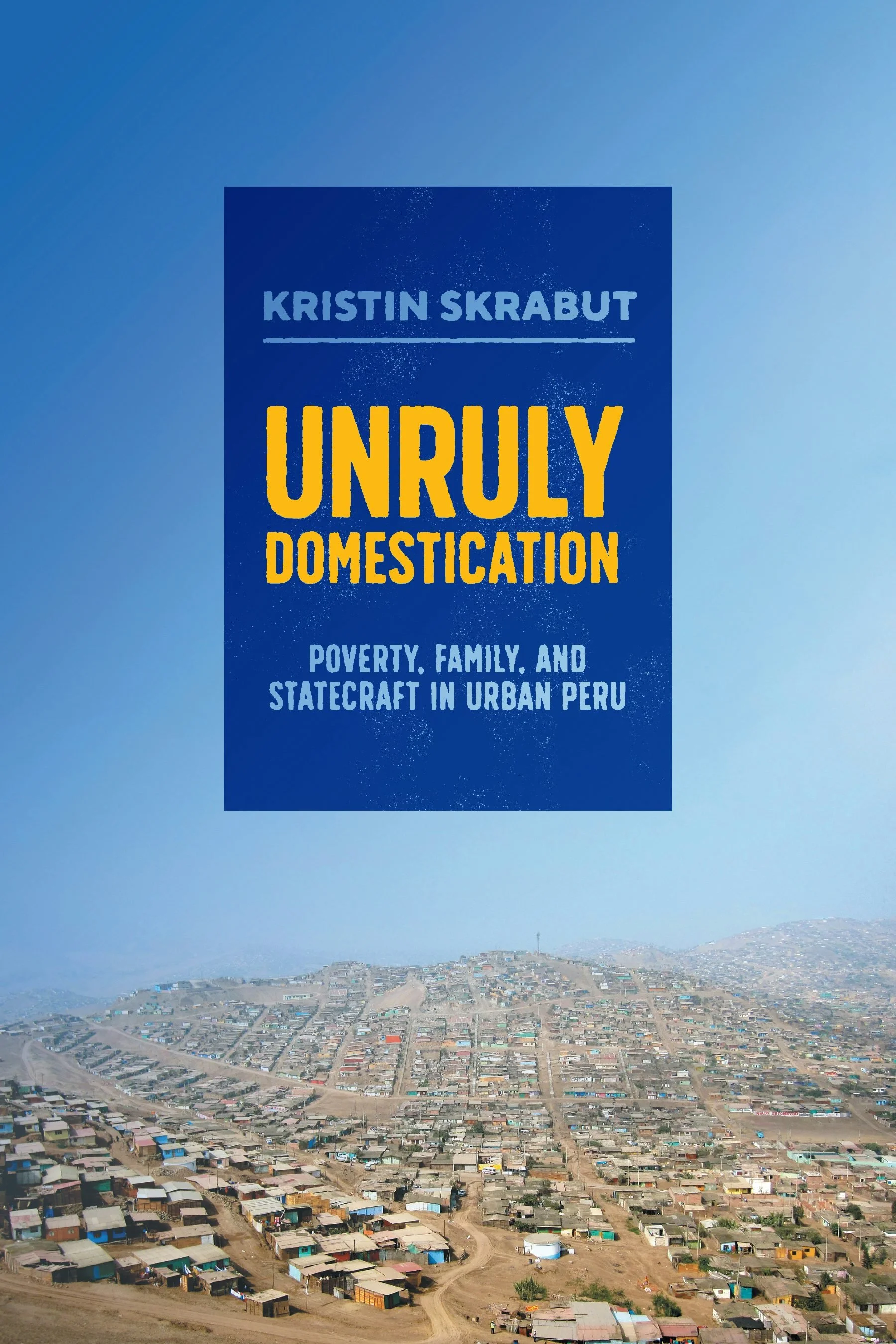
New Books: Unruly Domestication
Join us for our conversation with Dr. Kristin Skrabut, author of Unruly Domestication: Poverty, Family, and Statecraft in Urban Peru, published in 2024 by the University of Texas Press. Unruly Domestication explores how Peru's "war on poverty" took shape in the city of Lima through extensive ethnographic research to better understand how the politics of poverty, statecraft, and family structure become entangled.

New Books: Solidarity Cities
Featuring Maliha Safri, Marianna Pavlovskaya, Craig Borowiak, and Stephen Healy, authors of Solidarity Cities: Confronting Racial Capitalism, Mapping Transformation, published by University of Minnesota Press. Solidarity Cities explores the diverse practices of cooperation and mutual support as alternatives to racial capitalism through case studies of Philadelphia, Worcester, MA, and New York City.
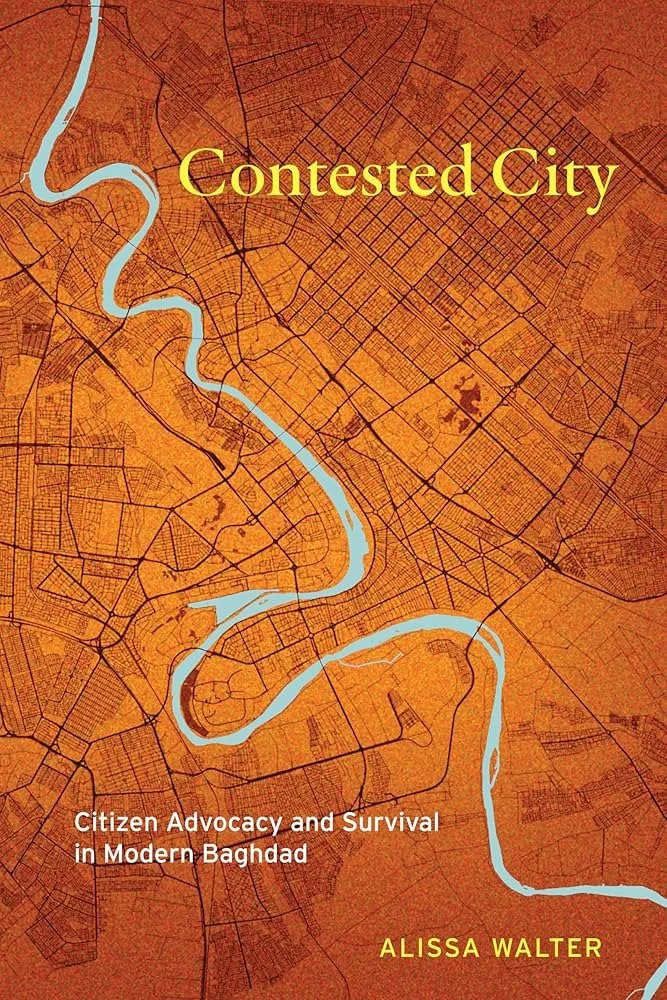
New Books: Contested City
Featuring Alissa Walter, author of Contested City: Citizen Advocacy and Survival in Modern Baghdad published in 2025 by Stanford University Press. Contested City charts the political history of modern Baghdad and how residents navigated and negotiated with the state through periods of economic growth, war, and sanctions.

New Books: Urban Power
Featuring Ben Bradlow, author of Urban Power: Democracy and Inequality in São Paulo and Johannesburg published in 2024 by Princeton University Press. Urban Power examines how social inequalities are created and addressed through the urban built environment by comparing the case studies of São Paulo and Johannesburg.

New Books: Not in My Gayborhood!
From UAR’s new series, featuring Theodore Greene, author of Not in My Gayborhood! Gay Neighborhoods and the Rise of the Vicarious Citizen, published in 2024 by Columbia University Press. This book explores “gayborhoods” in Washington, DC, where Greene investigates how neighborhoods retain their cultural identities even as their inhabitants change.
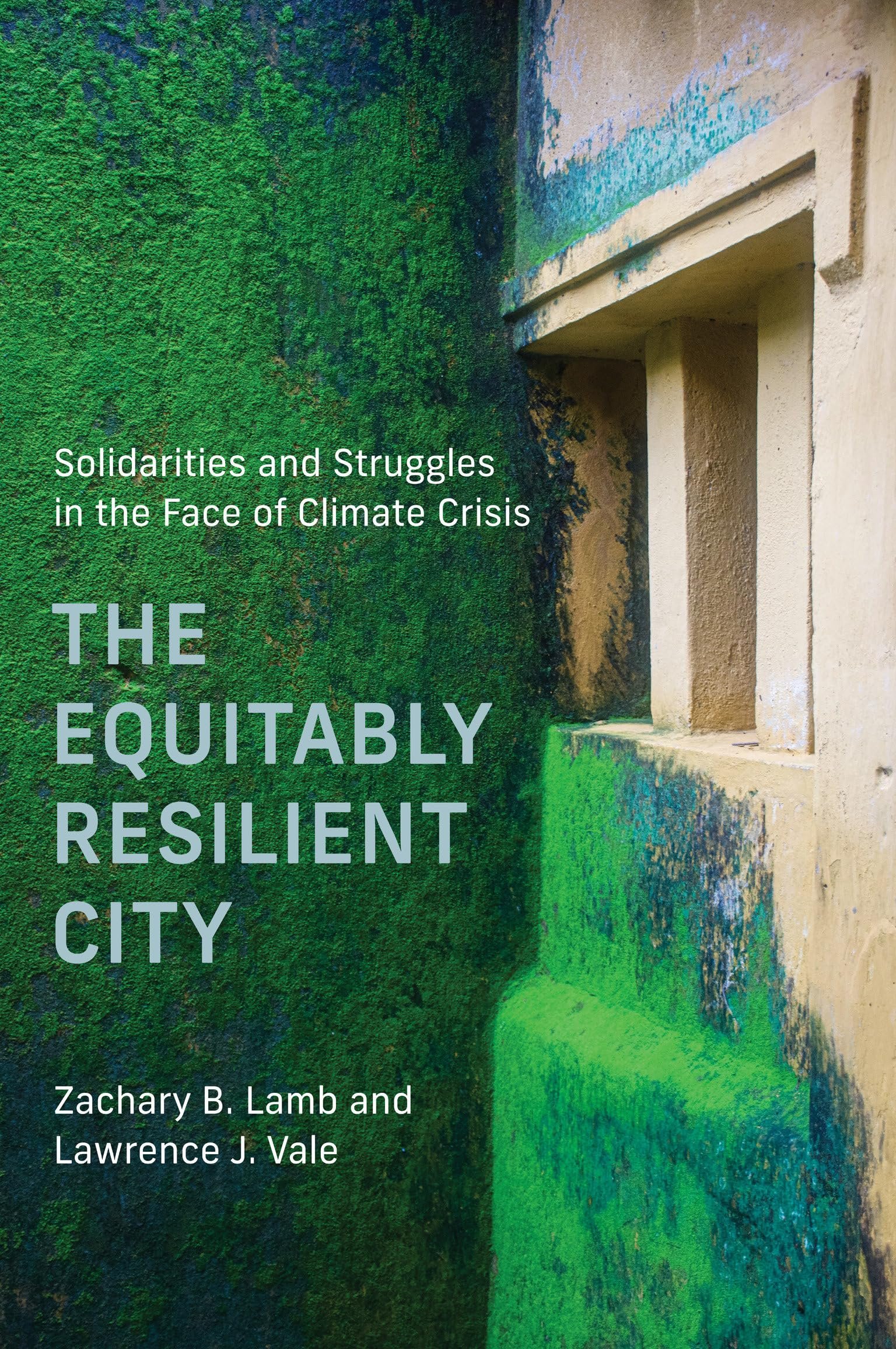
New Books: The Equitably Resilient City
From UAR’s new series, featuring Lawrence Vale and Zachary Lamb, co-authors of The Equitably Resilient City: Solidarities and Struggles in the Face of Climate Crisis, published in 2024 by MIT Press. Their book, which draws on research from twelve unique case studies around the world, asks how cities can respond to climate change and still commit to maintaining and improving the lives of their most disadvantaged residents.

The Local Politics of Public Health
In this two-part miniseries, UAR Remixed speaks with several authors from the journal’s recent symposium, “The Intrinsic Relationship between Local Politics and Public Health.” We speak with the authors about their research, which covers a wide breadth of topics and ideas at the intersection of public health and politics in local contexts. In Part 1, we meet the authors and learn more about the big questions and pressing issues that prompted them to do this research. In Part 2, we’ll be thinking about the inherently political nature of public health policy, and how our present political climate is affecting public health research and institutions at the local level.

Political Lessons from American Cities: Seattle
This special series, “Political Lessons from American Cities,” is presented courtesy of Temple University Press. In this episode, you'll hear from Jennifer A. Heerwig (Stony Brook University) and Brian J. McCabe (Georgetown University) about their book, Democracy Vouchers and the Promise of Fairer Elections in Seattle.

Political Lessons from American Cities: Houston
This special series, “Political Lessons from American Cities,” is presented courtesy of Temple University Press. In this episode, you'll hear from Els de Graauw (Baruch College/CUNY Graduate Center) and Shannon Gleeson (Cornell University) about their book, "Advancing Immigrant Rights in Houston."

How Migration Makes a City
In this four-part miniseries, we spoke with six scholars whose research addresses different aspects, geographies, and approaches to analyzing and understanding the relationship between migration and urban politics and culture. In this episode, we’ll hear from collaborators Deirdre Conlon and Nancy Hiemstra about their decade-long project on detention economies; Leslie Gross-Wrytzen on how migration has shaped Moroccan cities; David Kaufmann on the important but fraught role of NGOs; and Andrew Baldwin raises some important and understudied questions on the relationship between urban climate migration and property.

The Politics and Experience of Sanctuary Cities
In this four-part miniseries, we spoke with six scholars whose research addresses different aspects, geographies, and approaches to analyzing and understanding the relationship between migration and urban politics and culture. In this episode, we take a multidisciplinary look at the sanctuary city with political scientist David Kaufmann and historian Domenic Vitiello, and examine the fraught concept of climate migration with Andrew Baldwin.

Intimate entanglements
In this four-part miniseries, we spoke with six scholars whose research addresses different aspects, geographies, and approaches to analyzing and understanding the relationship between migration and urban politics and culture. This episode delves into recent debates in critical geography that explore the relationships between racism, migration, borders, and labor.